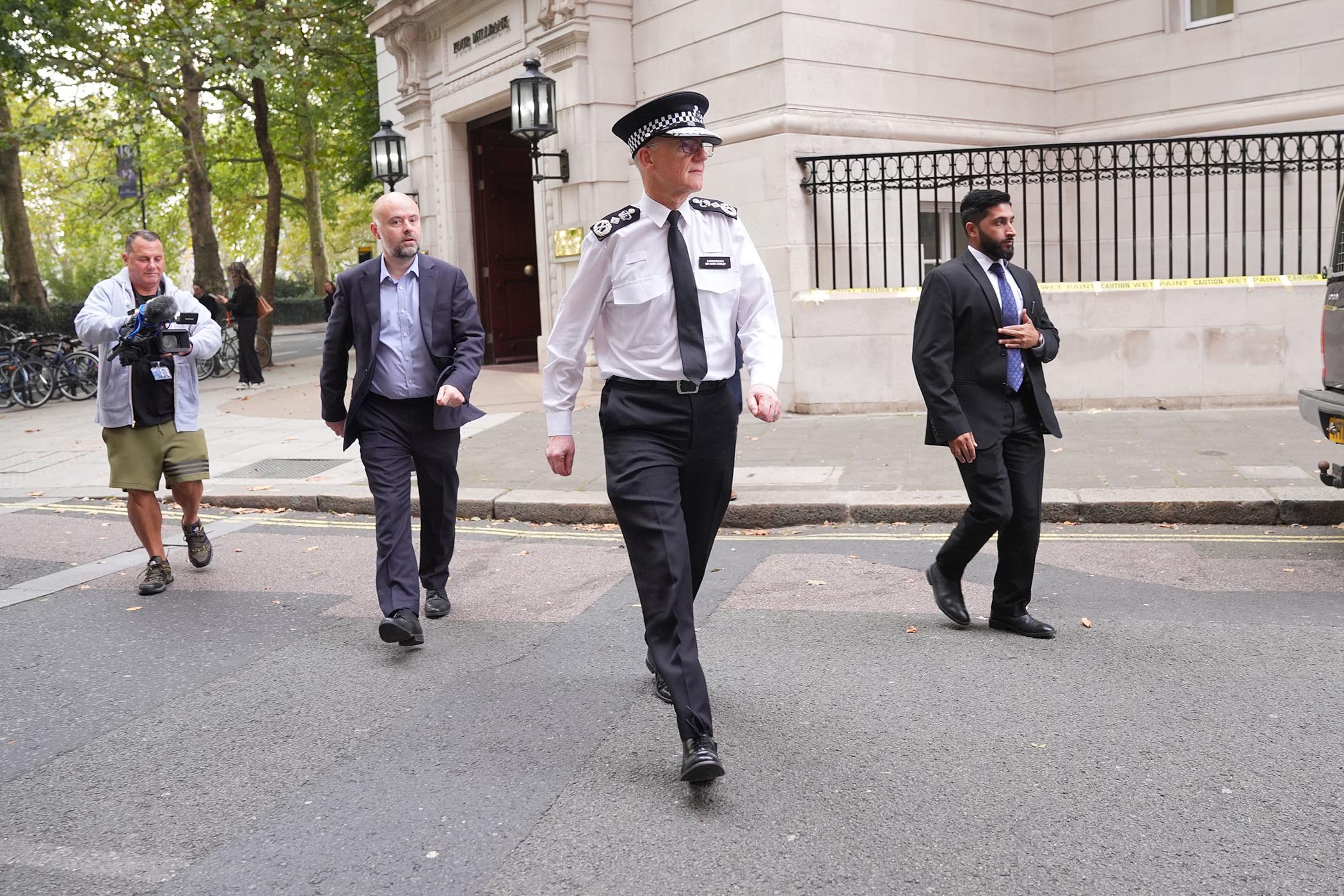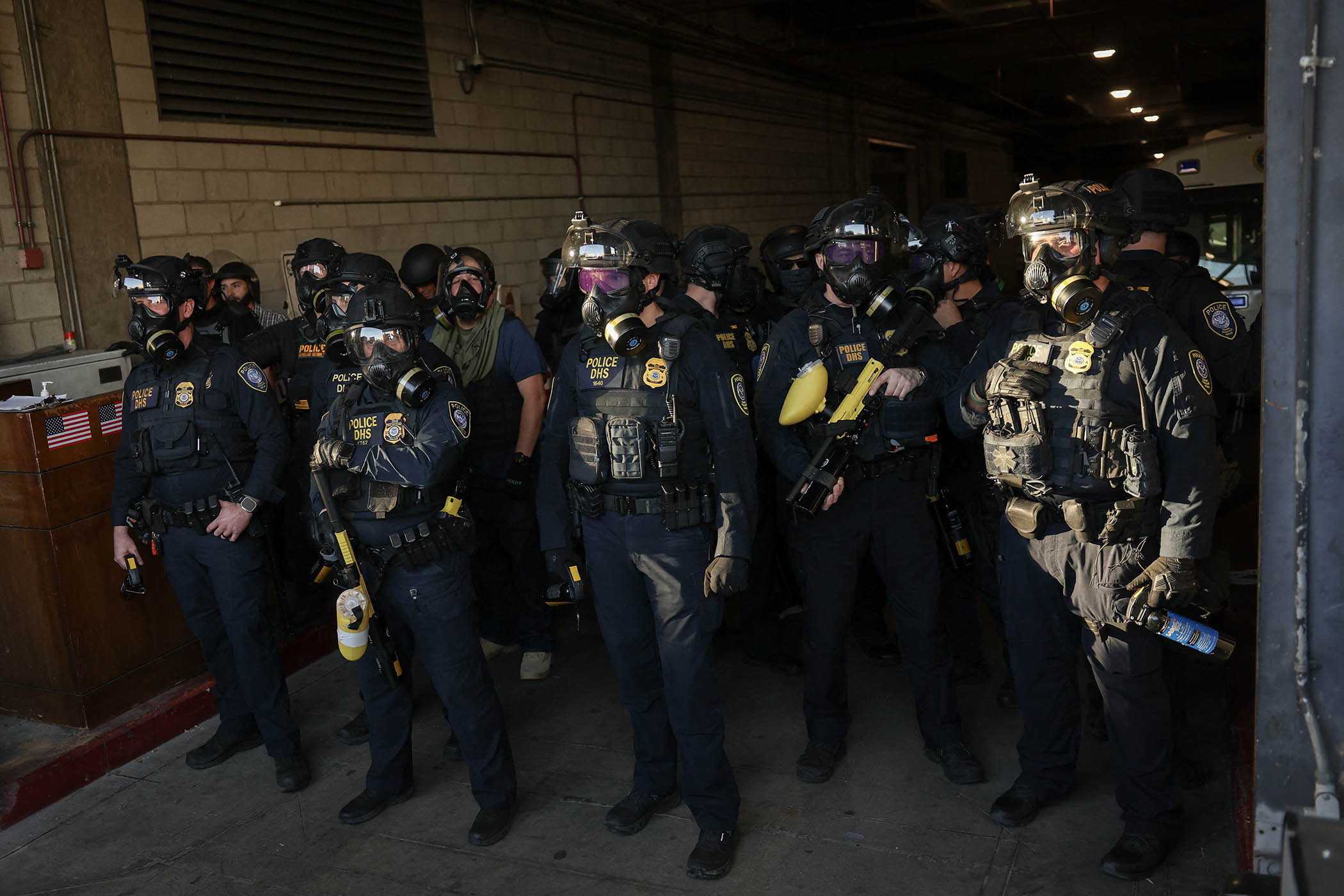I feel compelled to write in response to the profoundly disturbing revelations presented by the BBC on Panorama. Like many, I watched in shock and anger as the officers involved perpetuated the very stereotypes that erode public trust in the police, fuelling labels such as "ACAB (all cops are bastards)".
As a retired officer with 30 years of service in the Met, I find this even more saddening. Throughout my career, I consistently challenged systemic failures within the force that have persisted for decades and remain unresolved. Even in retirement, I am committed to holding the Met accountable as a critical friend.
Historically, when faced with criticism, the Met often deploys spokespeople to deflect public concern and deny institutional issues such as racism, sexism, misogyny and Islamophobia. These problems, repeatedly exposed by excellent investigative journalism, and in particular the focus on Charing Cross police station, were hiding in plain sight. The Panorama footage showed serving Met officers calling for immigrants to be shot; they appeared to celebrate the use of force and they were dismissive of rape claims.
The notion that these are merely “bad apples” is no longer sufficient for most people; the pervasive sentiment is that the “barrel itself is bad”, with the full extent of the rot unknown.
Commissioner Mark Rowley’s recent responses have unfortunately done little to reassure the public that he grasps the severity of this issue. His attempt to quantify the problem by stating he is “halfway through his purge” after three years – he became the force’s chief following the murder of Sarah Everard by a serving police officer and vowed to clear out the Met – leaves one questioning whether this offers any genuine reassurance to the public, or even to key stakeholders like Sadiq Khan or Shabana Mahmood.
What would it take for them to ask for Rowley to resign? Public trust in the Met is at an all-time low, particularly among women and girls, following the Sarah Everard case and the subsequent Casey Review recommendations.
Addressing the fallout from the Charing Cross scandal and the Everard case – including the actions of convicted officer Wayne Couzens (known as “Rapey” to his colleagues at the Parliamentary and Diplomatic Protection, or PADP) and another former Met officer, David Carrick (a serial rapist), both known to be stationed at Charing Cross from time to time – should have been a priority for Commissioner Rowley from the outset.
Given that he previously held responsibility for the PADP group as Assistant Commissioner Specialist Operations before assuming the top role, and considering Charing Cross police station’s proximity – a 10-minute walk from Scotland Yard – it is inexplicable that he did not maintain a personal interest in th is station and its issues.
This is no vision of policing by consent. Rather it looks like a bunch of out-of-control sadists running a custody unit
This is no vision of policing by consent. Rather it looks like a bunch of out-of-control sadists running a custody unit
Cultures in societies create virtuous or vicious patterns. Positive role-modelling will have positive outcomes. But poisonous cultures begin with the old adage: “If you can’t take a joke you shouldn’t have joined”. So-called humour leads to the tolerance of racism, sexism, homophobia and misogyny. Panorama revealed how empathy, sympathy and compassion – essential qualities for a public servant – were summarily quashed.
One of the sergeants who set the toxic tone was known as Stampy because of his sadistic tendency for stomping on prisoner’s ankles. This is no vision of policing by consent. Rather it looks like a bunch of out-of-control sadists running a custody unit, contaminating good police officers. We cannot discount the possibility this is being replicated in pockets across London, or across the country.
Newsletters
Choose the newsletters you want to receive
View more
For information about how The Observer protects your data, read our Privacy Policy
It is well known that culture eats strategy for breakfast, lunch and dinner. This means the Met has to have a robust whistleblower strategy to ensure perpetrators are rooted out and not protected by colleagues, especially those who should hold them to account, like their supervisors or the Directorate of Professional Standards. We can’t allow whistleblowers to be ostracised, as we saw in the programme. If this isn’t turned around quickly, the Met will continue to be seen as a safe haven for predators. It hardly needs saying that this is the opposite of what the public is entitled to expect.
I was an inspector and a chief inspector of community partnership at Charing Cross in the early 2000s, and from time to time you would hear about officers showing very worrying signs. But back then, the sergeants and inspectors had a firm grip on the constables and dealt with these situations before they became big problems. No system is perfect, but there was a drive towards high standards of behaviour.
On the Panorama programme, you can see the sergeants setting the tone of unprofessional, bad and/or criminal behaviour. All supervisors, from sergeants and above, must sign up to robust ethical leadership, holding their teams to account, maintaining a critical distance and being proactive with early intervention and prevention strategies.
If they do, they will be less likely to condone bad behaviour and will lead by example. We don’t want to see any more police officers who fail to uphold the values of ethical leadership.
Finally, I believe it’s time to remove the Met’s national responsibilities – such as counter-terrorism and PADP – because they are too much of a distraction for a Commissioner who already has his plate full in leading the largest police service in the country.
Leroy Logan is a former superintendent in the Metropolitan police and a former chair and founding member of the Black Police Association
Photograph by Yui Mok/PA Wire


